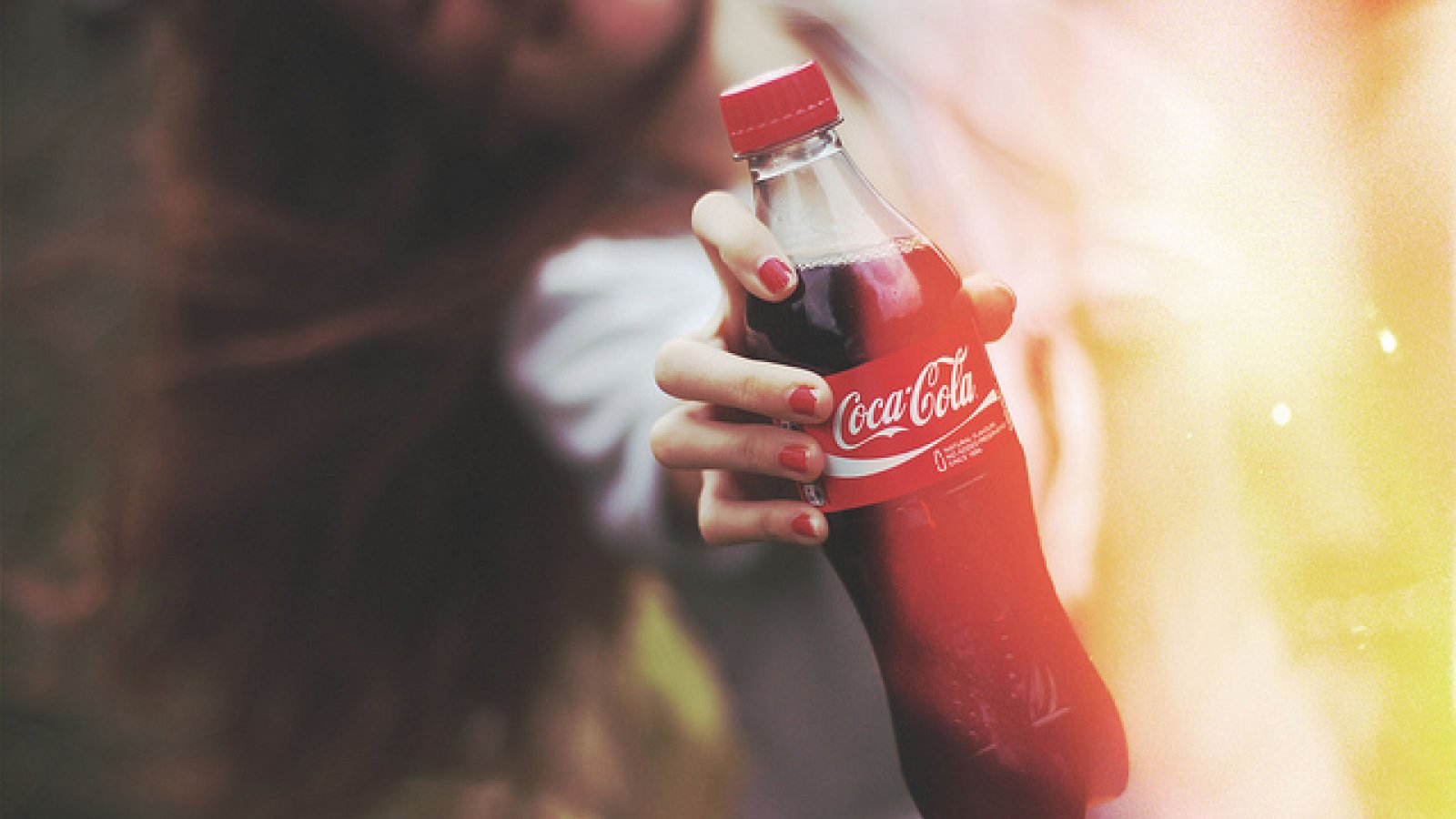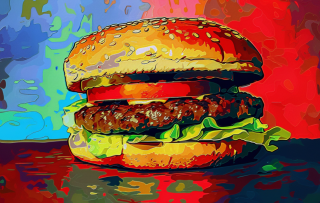Several studies show us that the reason we can’t resist something has to do with our memory, which in turn is linked to emotion.
Affective advertising, using comedy, drama, suspense and so on, activates different parts of the brain than cognitive advertising, which focuses on facts.
Ambler and Burne came up with the Memory-Affect-Cognition (MAC) theory in 1999 that explains our decision making process. According to this, most of our decisions require just memory and much less affection.
Knowledge does not impact our decision making at all.
The Food and Brand Lab at Cornell University applied this theory to food advertising. Several studies show us that the reason we can’t resist something has to do with our memory, which in turn is linked to emotion. Emotion is best caused by stimulating the senses using images and sounds. For instance, high speed, tightly shot close-ups, a black or white background, nice lighting and sharp sounds are very effective methods of portraying tradition, craftsmanship and freshness.
.png-28x28.png) Written by
Written by 
























